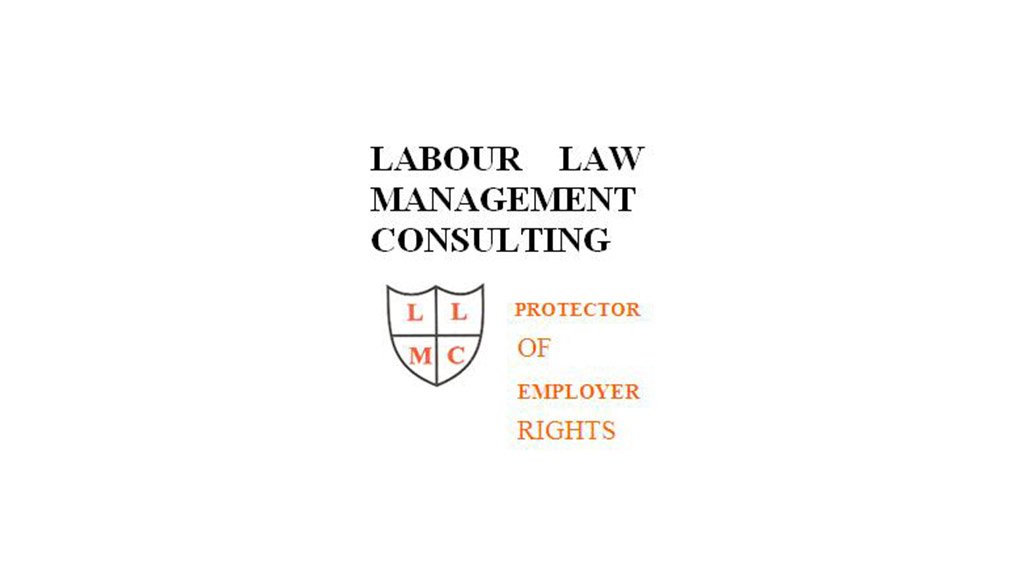Some employers are too soft and trusting when receiving grievances and give in even before establishing whether the grievance has merit.
However, more often employers go to the opposite extreme and brush all grievances aside because they are not there ‘to deal with employees’ sob stories’ or because the statutes do not provide for the lodging of grievances. While it is true that no statute specifically requires employers to solve their employee’s personal problems there are many circumstances under which employers would be foolish to ignore grievances. For example:
- Where the continued existence of the problem affects employee morale this may in turn cause a drop in productivity, increases in wastage, resignations and even conflict. This normally occurs where the resolution of the grievance is seen by the employees as the employer’s responsibility. This would for instance be so if the employer moved premises resulting in commuting problems for the employees.
- Where employees are being abused verbally or physically by a manager the practical and legal consequences for the employer could be dire if the employer does not act quickly, fairly and effectively. This would be the case, for instance, where the employee is being sexually harassed, insulted or bullied.
Employers are reminded of the expensive consequences for the employer in the Real Security case we discussed some months ago. There the employer had to pay tens of thousands of rand in compensation to the employee who had been sexually harassed by a supervisor because the employee’s grievances were ignored by the employer.
Employees whose salaries are not paid to them and receive no satisfaction from the employer when expressing such grievances are, under specific circumstances, entitled by law to resign and take the employer to the CCMA or bargaining council for constructive dismissal (a type of forced resignation).
Some employers not only ignore all employee grievances but also victimise certain employees for raising those grievances. Such employees are arbitrarily labelled as ‘trouble-makers’ and are told to ‘like it or take a hike’.
In the case of Kannemeyer vs Workforce Group (2005, 8 BALR 824) the employee lodged an internal grievance with her employer because her commission rate had been reduced without her agreement. Thereafter, according to her, she was victimised for having lodged this grievance. She then resigned and claimed constructive dismissal on the grounds of her reduced commission rate and because The employer, who had instituted disciplinary proceedings against Kannemeyer for poor work performance, claimed that she had resigned in anticipation of the outcome of the poor work performance hearing. That is, the employer denied that she had resigned due to victimisation but rather because she wanted to avoid being dismissed for poor performance.
The arbitrator found that:
- The employer had brought no evidence disputing the employee’s allegations of victimisation
- Instead of resigning the employee could have considered lodging a second grievance against the way in which her first grievance had been handled
- However, as she had received a negative response to her first grievance she could be forgiven for having lost faith in the grievance process
- While the poor performance charges appeared to be genuine the employee had been victimised for lodging her grievance
- This constituted unfair constructive dismissal
- The employer was required to pay the employee eight months remuneration in compensation
In the light of the above it is crucial for employers who receive grievances:
- To ensure that the grievant is not mistreated in any way after having lodged the grievance
- To investigate each grievance thoroughly while keeping an open mind
- Judge the validity of the grievance based on the facts and not based on who has lodged the grievance or who has been named in the grievance.
- If there is any merit in the grievance use an industrial relations expert to help devise an appropriate solution that will not create a problematic precedent.
To book for our 4 May 2007 seminar on NEW CHANGES AND DANGERS IN LABOUR LAW please phone Lee on (011) 787-5445 or 0824568247.
Written by lvan lsraelstam, Chief Executive of Labour Law Management Consulting. He may be contacted on (011) 888-7944 or 0828522973 or on e-mail address: labourlaw@absamail.co.za
EMAIL THIS ARTICLE SAVE THIS ARTICLE ARTICLE ENQUIRY
To subscribe email subscriptions@creamermedia.co.za or click here
To advertise email advertising@creamermedia.co.za or click here











